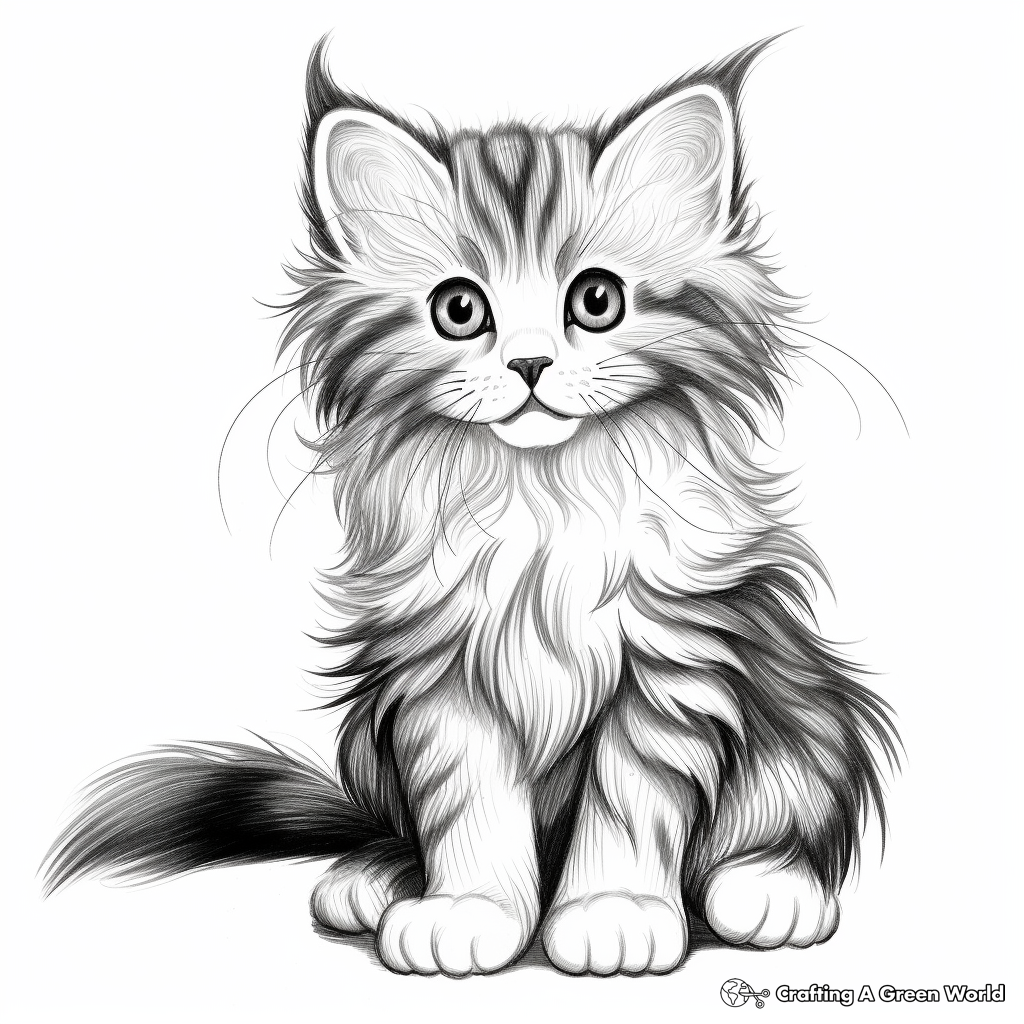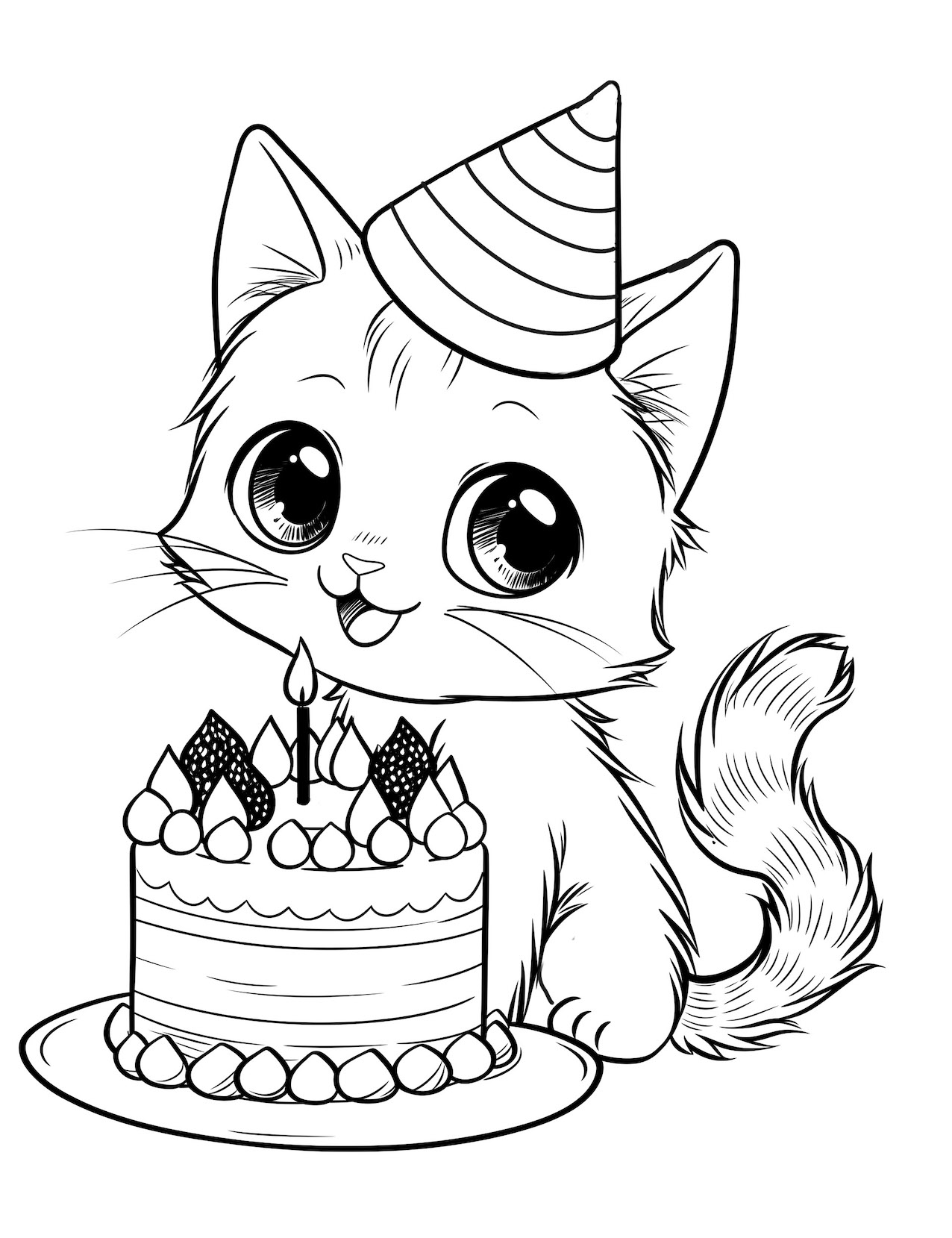When it comes to understanding cats, the term "cat how" often pops up as a curious topic among pet owners. Have you ever wondered why your feline friend emits those unique vocalizations? This term refers to the various ways cats communicate through sounds, including meows, purrs, hisses, and yes, even that intriguing "how" noise. This guide dives into the fascinating world of feline sounds and behaviors, offering insights into what your cat might be trying to say. Let's explore the reasons behind the sounds they make and learn how to interpret their messages.
Many cat owners describe the "how" sound as a mix between a meow and a growl, often heard during specific situations. Whether your cat is feeling territorial, stressed, or simply trying to get your attention, these sounds can mean different things. Understanding these vocal cues is crucial for strengthening the bond between you and your pet. The more you know about their communication methods, the better you can respond to their needs.
So, if you've ever been puzzled by your cat's unique vocalizations, you're not alone. Many pet enthusiasts find themselves asking, "What does it mean when my cat makes that sound?" In this article, we'll break down the mysteries of "cat how" and provide practical tips for interpreting your cat's vocalizations. Whether you're a seasoned cat owner or a newbie, this guide will give you the tools you need to better understand your feline companion.
Table of Contents
- Biography - The Fascinating World of Cats
- What Is Cat How Anyway?
- Common Cat Sounds You Hear Every Day
- Why Does My Cat Make That Sound?
- How to Interpret Cat How Sounds?
- Tips for Understanding Cat How
- When Should I Worry About Cat How?
- Summary of Key Points
Biography - The Fascinating World of Cats
Cats have been our companions for thousands of years, with a history deeply intertwined with human civilization. They were once revered in ancient Egypt for their ability to control pests and were even worshipped as sacred creatures. Today, they remain one of the most popular pets worldwide, cherished for their independence and affectionate nature. Below is a quick overview of some fascinating feline facts:
| Fact | Detail |
|---|---|
| Scientific Name | Felis catus |
| Average Lifespan | 12-18 years |
| Domestication | Over 9,000 years ago |
| Unique Traits | Whiskers for sensing, retractable claws |
Understanding the background of cats can help you appreciate their behaviors even more. Now, let's focus on the specific sounds they make.
What Is Cat How Anyway?
Alright, so what exactly is this "cat how" sound? It's almost like a cross between a meow and a growl, typically heard when your cat is trying to express something urgent. Sometimes, it's their way of saying, "Hey, pay attention to me!" or "There's something out there that's bothering me." In some respects, it can also indicate stress or discomfort. Understanding the context in which your cat makes this sound is key to decoding its meaning.
Common Cat Sounds You Hear Every Day
Cats use a variety of sounds to communicate, and each one has its own purpose. Let's take a look at some of the most common ones:
- Meow: The universal cat greeting, used to get your attention.
- Purr: Often associated with contentment, but can also signal pain or stress.
- Hiss: A defensive sound, warning others to back off.
- Growl: Indicates aggression or discomfort.
- Chirp: A soft, bird-like sound, often used during play.
Each sound your cat makes tells a story. Paying attention to these vocalizations can give you clues about their mood and needs.
Why Does My Cat Make That Sound?
So, you might be wondering, "Why does my cat howl at night?" Well, it could be that they're feeling lonely or anxious. Cats are creatures of habit, and any changes in their environment can trigger stress. For example, if you've recently moved or introduced a new pet, your cat might vocalize more frequently. Alternatively, it could be a sign of aging, as older cats sometimes experience cognitive decline, leading to increased vocalizations.
How to Interpret Cat How Sounds?
Interpreting the "cat how" sound isn't always straightforward, but there are some clues you can look for. First, consider the context. Is your cat behaving normally otherwise, or are there other signs of distress? Next, check their body language. Are their ears flattened, or is their tail flicking? These physical cues can help you determine if the sound is a sign of discomfort or just a way of saying hello. Sometimes, it's just a bit of curiosity or excitement, especially if they spot a bird outside the window.
For instance, if your cat makes this sound while staring at the door, they might be asking to go outside. On the other hand, if they're pacing and vocalizing excessively, it could be a sign of an underlying health issue. Always trust your instincts as a pet owner; if something seems off, it's worth consulting your vet.
Tips for Understanding Cat How
Understanding your cat's vocalizations takes practice, but there are some tips that can help:
- Pay attention to patterns. Does your cat "how" at certain times of day?
- Observe their body language. Are they relaxed or tense when they make the sound?
- Keep a journal. Note down instances when they vocalize and the possible triggers.
- Respond consistently. If they're asking for something specific, try to fulfill their needs.
By doing so, you'll start to recognize patterns and gain a better understanding of what your cat is trying to tell you.
When Should I Worry About Cat How?
While occasional "cat how" sounds are normal, excessive or sudden changes in vocalization could indicate a problem. For example, if your usually quiet cat starts making loud noises frequently, it might be worth investigating. Sometimes, it's just a phase, but other times, it could signal a health issue. Conditions like hyperthyroidism or dental problems can cause increased vocalizations. If you're unsure, it's always a good idea to consult your veterinarian.
Similarly, if your cat is showing signs of distress, such as pacing, hiding, or refusing to eat, these could be red flags. Your vet can help rule out any underlying issues and provide advice on how to manage the situation.
Summary of Key Points
Cat how refers to the unique vocalizations cats make to communicate with their humans. These sounds can vary based on the situation and your cat's mood. By paying attention to the context and body language, you can better understand what your feline friend is trying to say. Remember to keep an eye out for any unusual changes in behavior, as these could indicate a potential health issue. With a little patience and observation, you'll be able to decode your cat's "how" sounds and strengthen your bond with your beloved pet.



